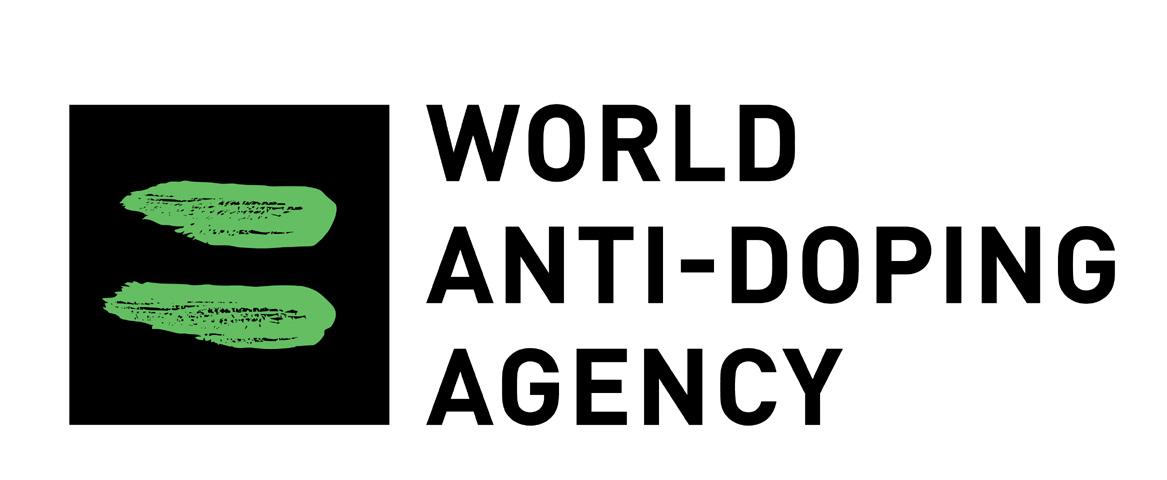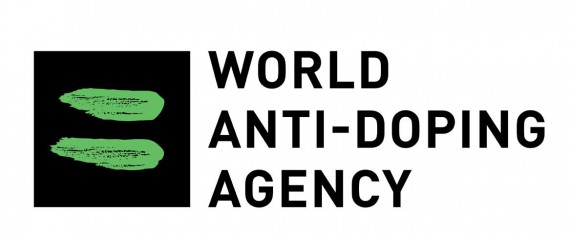
John Fahey, president of the World Anti-Doping Agency (WADA), has revealed they are cooperating with Roche Pharmaceuticals to secretly add a “traceable molecule” to drugs likely to have performance enhancing effects in athletes. This was how AFLD was able to detect the previously-undetectable Mircera (CERA) in Riccardo Ricco’s sample at the 2008 Tour de France. Roche manufacures at least two PEDs used by cyclists – Mircera and NeoRecormon. Drug-tested athletes have been given notice to avoid using products manufactured by Roche Pharmaceuticals.
It seems that WADA is no longer interested in developing anti-doping tests that actually detect performance enhancing drugs (PEDs); this is understandable since serious flaws in their anti-doping tests are revealed again and again. Instead, WADA apparently believes the future of anti-doping efforts lies in anti-doping agencies cooperation with pharmaceutical companies to secretly add “traceable molecules” and “trojan molecules” (“Ricco caught by secret doping molecule: WADA chief,” July 23).
In the development of that particular substance, close cooperation occurred between WADA and the pharmaceutical company Roche Pharmaceuticals so that there was a molecule placed in the substance well in advance that was always going to be able to be detected once a test was taken,” Mr Fahey said.
Wow. I wonder what is more deplorable – athletes using performance enhancing drugs OR multi-national pharmaceutical companies secretly adding traceable molecules to consumer products and intentionally hiding this ingredient by failing to disclose it on the label?
Mr Fahey said such cooperation with drug companies was the way forward in fighting drug cheats.
“There’s more and more of this occurring,” he said.
“The more cooperation the scientists can have with the drug companies in the detection of performance-enhancing drugs the greater the likelihood is they will be detected when tests are undertaken.”
I can not imagine regulatory agencies such as the FDA looking favorably upon pharmaceutical products that have undisclosed, secret ingredients which are not essential to the action of the drug. After all, the traceable molecules have absolutely no benefit to the patient.
Certainly, this will upset quite a few people; the fact that Roche Pharmaceuticals is committing resources to non-therapeutic anti-doping efforts is, at the very least, bad public relations coming only a fews weeks after abandoning HIV/AIDS research.
The privacy, legal and regulatory obstacles to WADA’s latest approach to doping detection seems to make it a non-starter. FAIL!
Even if some pharmaceutical companies conspire with WADA in their anti-doping efforts, there are probably hundreds of pharmaceutical companies around the world, particularly in Southeast Asia, that would likely resist the extra expense of adding “traceable” anti-doping molecules to their products. The innumerous pharmaceutical companies have already given WADA problems with all the undetectable biogeneric and biosimilar EPO variants commercially available to athletes.

About the author
Millard writes about anabolic steroids and performance enhancing drugs and their use and impact in sport and society. He discusses the medical and non-medical uses of anabolic-androgenic steroids while advocating a harm reduction approach to steroid education.

Leave a Reply
You must be logged in to post a comment.